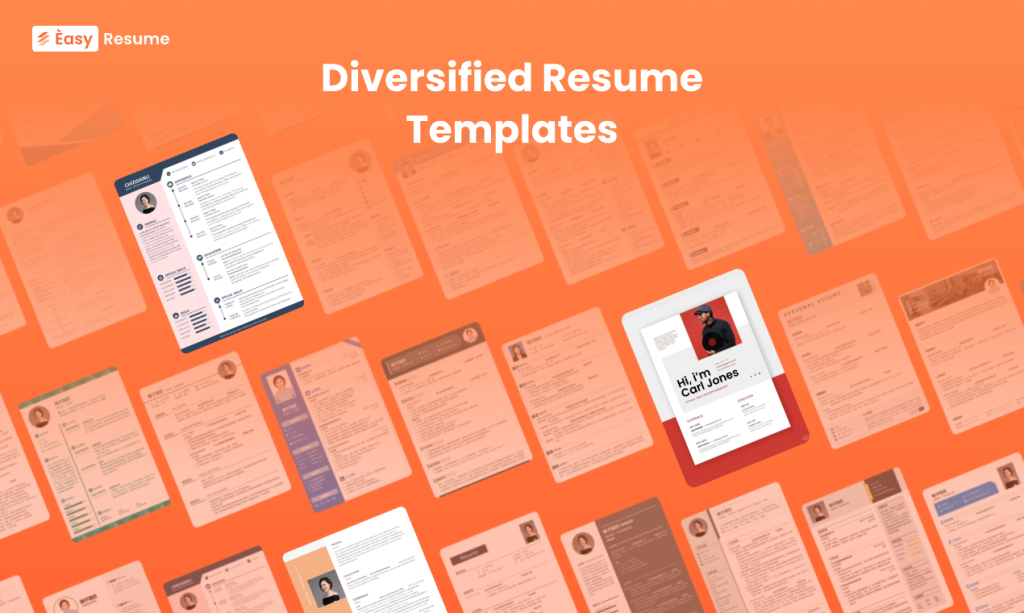Showcasing Education and Relevant Coursework
When you don’t have professional experience, your education becomes your strongest asset. List your degree, major, and the name of the institution. But don’t stop there. Highlight any coursework relevant to business analysis. Courses like Statistics, Business Intelligence, and Data Management are crucial. Mention any projects or case studies where you applied analytical skills.

For instance:
- Bachelor of Science in Business Administration, Major in Business Analysis
- University of Business, 2023
- Relevant Coursework: Data Analysis, Financial Modeling, Business Process Management
Highlighting Transferable Skills
Even without direct business analyst experience, you’ve likely gained skills from other jobs, internships, or volunteer work. These are called transferable skills, and they are incredibly valuable. Communication, problem-solving, and project management are some of the key skills for a business analyst.
For example, if you worked as a retail associate, you developed customer service skills and learned to handle complex transactions. These experiences translate well into stakeholder management and requirement gathering.
Utilizing Projects and Volunteer Work
If you’ve worked on any projects or volunteered, these can serve as great examples of your capabilities. Detail these experiences as you would with a paid job. Describe your role, the skills you used, and the outcomes.
For instance:
- Volunteer Data Analyst, Local Community Center
- Analyzed survey data to identify key areas for improvement in community services
- Presented findings to the board, resulting in a 15% increase in funding
Creating a Strong Professional Summary
Your professional summary should be a snapshot of your skills and ambitions. Even if you don’t have direct experience, you can emphasize your passion for business analysis and your relevant educational background.
Example:
“Ambitious and detail-oriented Business Analysis graduate with a solid foundation in data analysis and business process management. Proven ability to leverage educational knowledge and volunteer experience to provide insightful business solutions.”
Leveraging easy2resume for a Standout Resume
One great tool to help you build your resume is easy2resume. This platform offers easy-to-use templates and expert tips to ensure your resume stands out. With easy2resume, you can quickly create a professional-looking resume that highlights your skills and education, even without job experience. Plus, it offers tailored advice for business analyst resume to help you get noticed by recruiters.
Emphasizing Soft Skills
Don’t underestimate the power of soft skills. Business analysts need to communicate effectively with stakeholders, manage time well, and think critically. Make sure to list these skills and provide examples of how you’ve demonstrated them.
For instance:
- Communication: Led group projects and presented findings clearly and confidently
- Critical Thinking: Developed and analyzed case studies, providing actionable insights
- Time Management: Balanced coursework with part-time work, maintaining a high GPA
Customizing Your Resume for Each Job Application
Tailor your resume for each job application. Use keywords from the job description to align your resume with what the employer is looking for. This increases your chances of getting through Applicant Tracking Systems (ATS) and catching the recruiter’s eye.
For example, if the job description mentions “data analysis” and “stakeholder management,” make sure these terms are prominently featured in your resume.
Proofreading and Getting Feedback
Finally, always proofread your resume to catch any errors. Consider using tools like Grammarly for spelling and grammar checks. Additionally, ask friends, family, or mentors to review your resume and provide feedback. Fresh eyes can often catch things you might have missed.
Tags:
- Business Analyst Resume Tips
- Entry-Level Business Analyst
- Business Analyst Skills
- Resume Writing Guide
- No Experience Resume Tips
